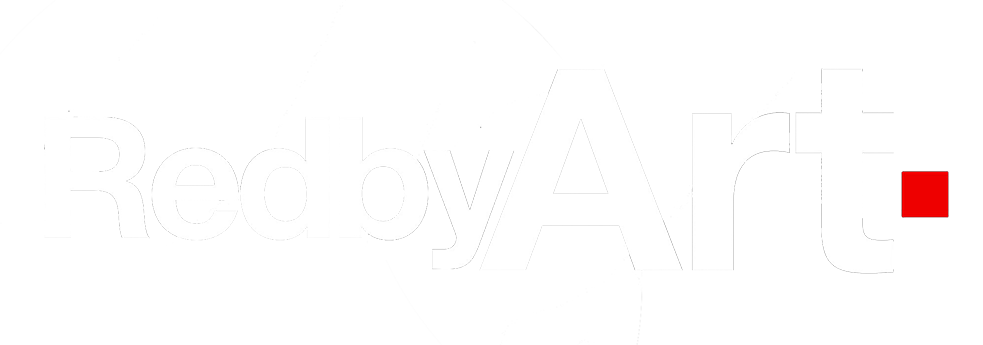
Isometry
“Isometrics Workshop: From Idea to House”

Course price:
Duration of training: 6 weeks
Duration of training: 6 weeks
360 $
Who is this course for?
No prior experience in creating complex or isometric illustrations is required!
This course is designed for those who already have a basic understanding of color and composition but want to strengthen their knowledge and enhance their concept art skills in Photoshop. We’ll start with the fundamentals and walk you through every step of creating an isometric house using industry-standard design methods. At every stage, you’ll be supported and guided by experienced mentors.
What’s included in the course?
23
Theoretical lectures
29
Practical sessions
14
Homework assignments


Isometry
“Isometrics Workshop: From Idea to House”

Course price:
Duration of training: 6 weeks
Duration of training: 6 weeks
360 $
Course program
- Block 1: Getting to know each otherIn the first week, you’ll learn how isometric design helps you create assets for games. We’ll explore simple shapes and grid construction—key foundations for your future work in the industry. Working with isometric meshes will not only make it easier to create complex objects, but it will also help you gain experience that significantly improves your skills and confidence for real-world projects.
Topics: Introduction, Grid Construction, Basic Shapes, Drawing by Hand on a Grid - Block 2: Concept developmentIn this stage, you will learn how to develop and refine isometric concepts. We will discuss how to gather references and structure your ideas. You will discover how to transform real objects into stylized forms and what to consider when designing new shapes. This will help you create unique and original designs in the future.
Topics: Idea Creation, Form & Design, Casual Styling, Concept Development - Block 3: Casual colorIn this block, you’ll learn how color influences an image’s mood and master the basics of color harmony. You’ll discover how to choose the right palette and effectively use pure colors in both shadows and highlights. In practice, you’ll strengthen your color skills and learn how to use references and associative palettes to create expressive images.
Topics: Color Wheel & Palettes, Casual Color Techniques, Color Concepts - Block 4: Lighting and toneIn this block, we’ll dive into working with lighting and volume. You’ll learn how to set up lighting from different angles and explore tonal values while handling drop shadows. You’ll reinforce these concepts by focusing on light and shadows during the initial stage of rendering your house. ❤️
Topics: Lighting Types, Occlusion & Form Work, Initial Rendering & General Volumes - Block 5: MaterialsNow we’ll continue working on our render, adding textures and refining our cabin. You will learn how to apply casual-style textures, address occlusions, and improve lighting and contrast. This will help your work appear more vibrant and expressive.
Topics: Materials, Casual Textures, Finalizing the Work - Block 6: Final ProjectIn this part of the course, you’ll start working on your final project. We’ll discuss why presentation design is essential for both your portfolio and personal growth.
Together, we’ll create an appealing layout with technical details and a clear project description. We’ll also show you how to prepare a professional presentation for ArtStation or Behance that will highlight your work and grab attention. 😉
Topics: The Importance of Presentation, Portfolio Styling, Formatting Your Work, Creating Cover Art for Platforms
In this lecture, we’ll take a detailed look at how to create isometric tiles for an environment and learn how to build seamless textures. We’ll also explore how to effectively reuse these assets to optimize your workflow. These skills will help you enhance your projects and achieve higher quality results.

BONUS
Bonus Lecture: Creating an Environment
How will the training be conducted?
We provide information in a concise, easy-to-understand format, refined over years of practical experience. You’ll also gain access to insider knowledge and key developments from our studio.
The course supervisor will answer all your questions and share invaluable insights, ensuring you get the most out of each assignment.
You’ll create high-quality pieces to include in your portfolio, showcasing your newly acquired skills. ❤️

Why enroll in this course?



- Master the foundations of isometric design, learning to think in shapes and volumes. This approach lets you focus on the 3D aspects of building design and enhances your overall concept art skills.
LEARN THE BASICS AND START CONCEPTUALIZING
- Many studios emphasize the importance of including game-ready artwork in your portfolio. Isometric art is a perfect example of the kind of valuable, practical work employers look for.
IN-DEMAND SKILLS
- Gain a solid understanding of isometric techniques and the nuances of creating game graphics. These skills are highly valued by companies and can significantly boost your chances in job interviews.
SECURE GREAT OPPORTUNITIES
We answer your questions
The course lasts 6 weeks (+1 extra month).
We want to make sure you complete the project you start! That’s why you’ll have an additional month after the course to submit your final work for mentor review.
We want to make sure you complete the project you start! That’s why you’ll have an additional month after the course to submit your final work for mentor review.
The full course price is $290 USD.
We offer two payment options:
Interest-free installments (through the school):
We offer two payment options:
Interest-free installments (through the school):
- First payment (reservation): $150 USD
- Second payment: $150 USD, due before the course begins
- Alternatively, a 3-month plan is available at $100 USD per month
- We can help arrange financing through partner banks.
- Just fill out a short application form and we’ll guide you through the process.
You’ll need a computer or laptop, a graphics tablet, and Adobe Photoshop (version 18 or earlier for full compatibility with the course materials).
Made with love by Redby Art.
Order

"Isometry"
Duration of training: 2 weeks
«Isometrics Workshop: From Idea to House»
Course price:
360 $




